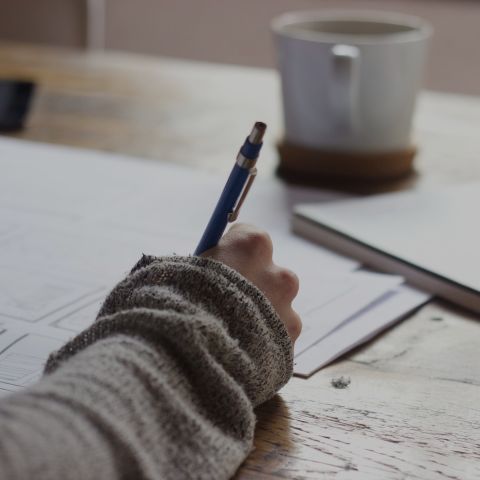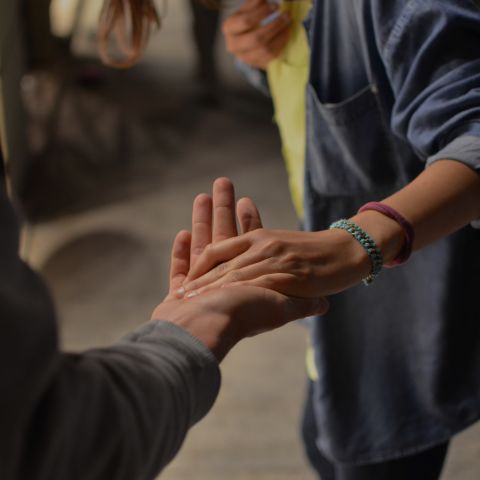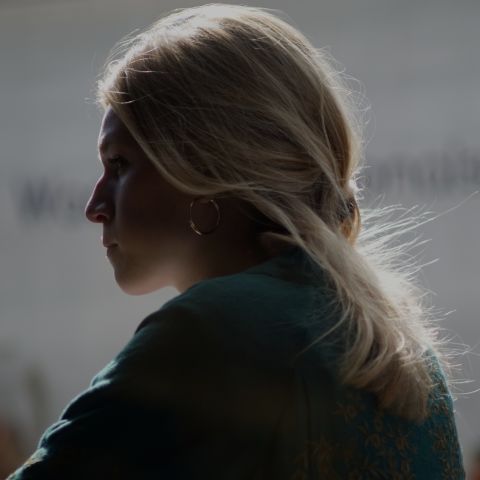The process for dealing with academic or non-academic misconduct is the same and involves being given a notice of the alleged misconduct; responding to the allegation and, depending upon your response, may involve attending a formal hearing. Allegations of plagiarism are usually managed by your Faculty. All other student misconduct matters are managed by the university's Governance Support Unit.
For a full and comprehensive description on what constitutes academic and non-academic misconduct, processes and procedures and the range of penalties see Section 16 of the UTS Student Rules.






